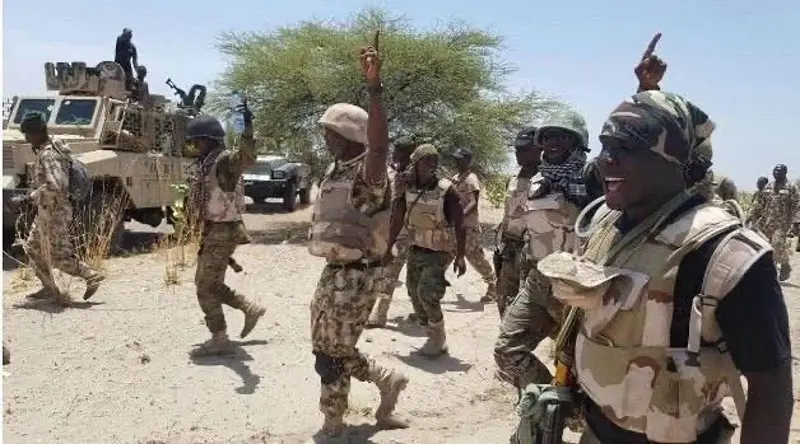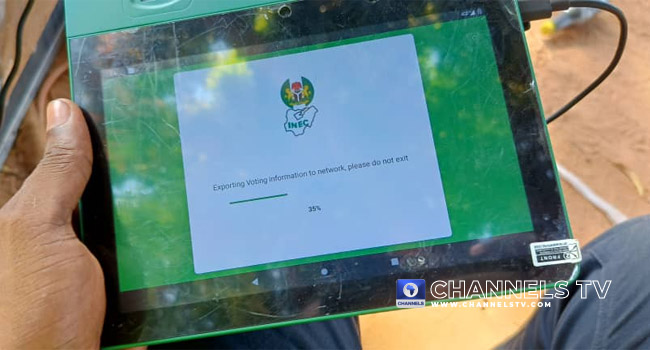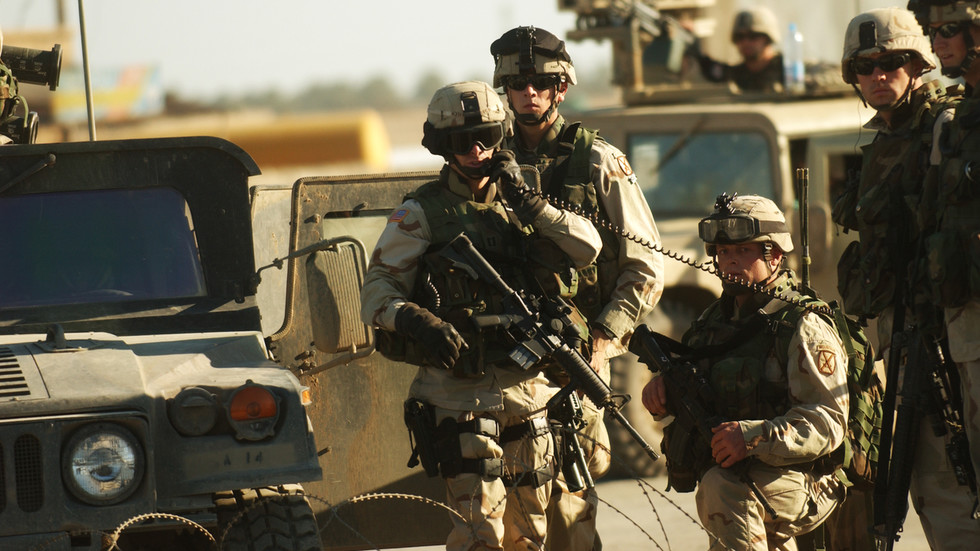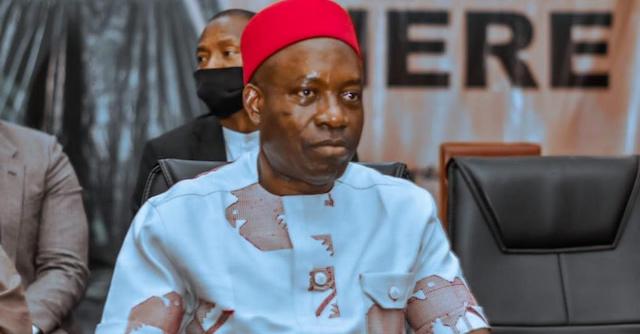A former Nigerian politician and community leader in Plateau State has launched a scathing critique of the state’s governor over alleged inaction in the face of escalating violence linked to land disputes. Chief Yohana Yilpwan Margif, a onetime Labour Party gubernatorial candidate and traditional titleholder in the Bokkos region, accused Governor Caleb Mutfwang of failing to address coordinated attacks he claims are aimed at displacing indigenous communities to seize farmland.
In a strongly worded statement issued Sunday, Margif alleged that heavily armed groups—primarily identified as Fulani herders—are executing a systematic campaign to annex up to 40% of Plateau’s agricultural lands, displacing residents through raids and killings. He described the violence as a “creeping but coordinated plot” to render local populations “landless and in despair,” arguing that attacks once seen as sporadic now follow a clear strategy to control ancestral territories.
“What is more alarming is the deafening silence of our governor,” said Margif, who holds the title of Waziri Mushere, a leadership role in the Mushere Chiefdom. He criticized Mutfwang for not fulfilling promises of security reinforcements made during visits to grieving communities, suggesting such unfulfilled commitments have emboldened attackers. “The herders have declared open war,” Margif asserted, emphasizing that his community is now a primary target in what he termed an “existential threat.”
Plateau State, a agriculturally rich region in central Nigeria, has long experienced clashes between herders and farmers over land and resources, but Margif’s claims signal a dangerous escalation. He warned that armed groups are leveraging superior firepower to overpower vulnerable, often unarmed villages, with state authorities allegedly offering little protection. The accusations come amid rising national concerns over rural insecurity and competing land rights, issues that have fueled deadly conflicts across Nigeria’s Middle Belt region for years.
Margif called on citizens to demand accountability from leaders who, he said, “have forgotten their duty to protect lives and property.” His appeal for collective action highlights growing frustration over perceived governmental failure to curb violence that has displaced thousands and disrupted livelihoods. While the governor’s office has not publicly responded to the allegations, the remarks underscore deepening tensions in a state still recovering from a December 2023 massacre that killed over 200 people.
Human rights observers note that land disputes in Plateau often intersect with ethnic and religious divisions, though Margif’s statement focused squarely on territorial control. As farming communities brace for further instability, the lack of visible intervention risks exacerbating cycles of retaliation, with broader implications for food security and social cohesion in one of Nigeria’s most volatile regions.



